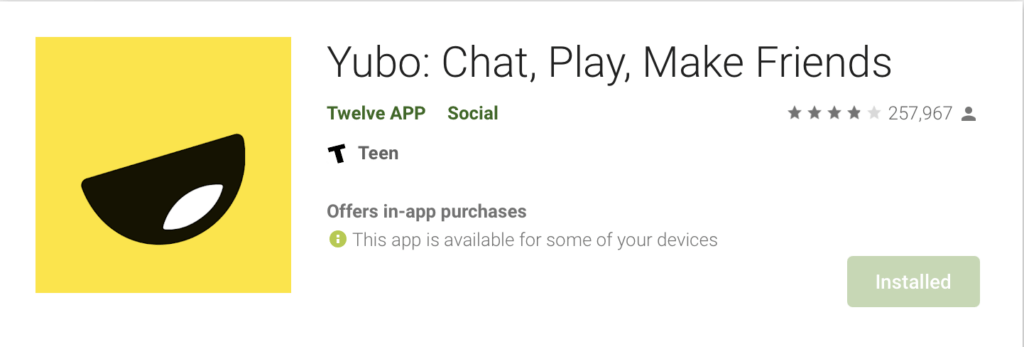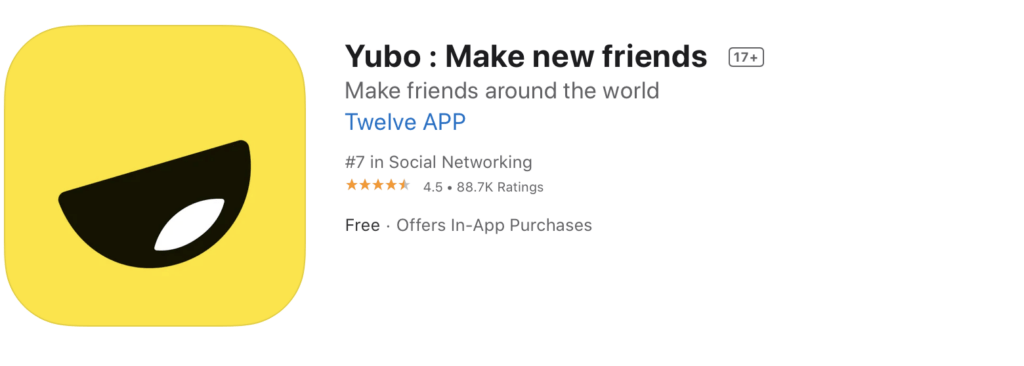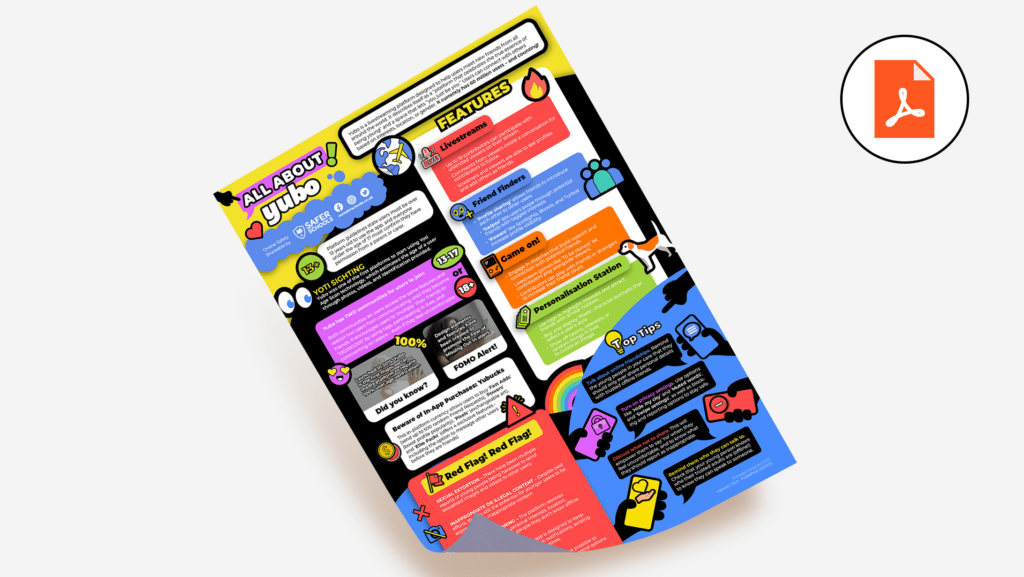Children and young people across the world use a range of online platforms to communicate and find connection with others. One app is redesigning itself entirely around this idea. Yubo (formerly known as Yellow) now describes itself as a “platform that celebrates the true essence of being young” and encourages “you to just be you.”
Our online safety experts have taken a closer look at Yubo to let you know everything you need to about this app designed for younger generations.
In 2022, Yubo had 60 million users.
How does it work?
Upon registration, this app asks for standard personal information: date of birth, name, and gender. Users must then submit a photo showing their face clearly as well as their email address and phone number.
Once a user is set up, they are sorted into one of two primary communities. One is for users aged 13 to 17 and the other for users aged 18+. They are then able to send messages, video chat, and livestream. While Yubo makes users become friends on the platform before they can communicate, its features encourage users to “multiply” their friends to “100,000,000” by using tags and participating in livestreams as a “watcher or a streamer” even if they are uncomfortable. The platform is designed to promote the feeling of ‘Fear Of Missing Out’ (FOMO).
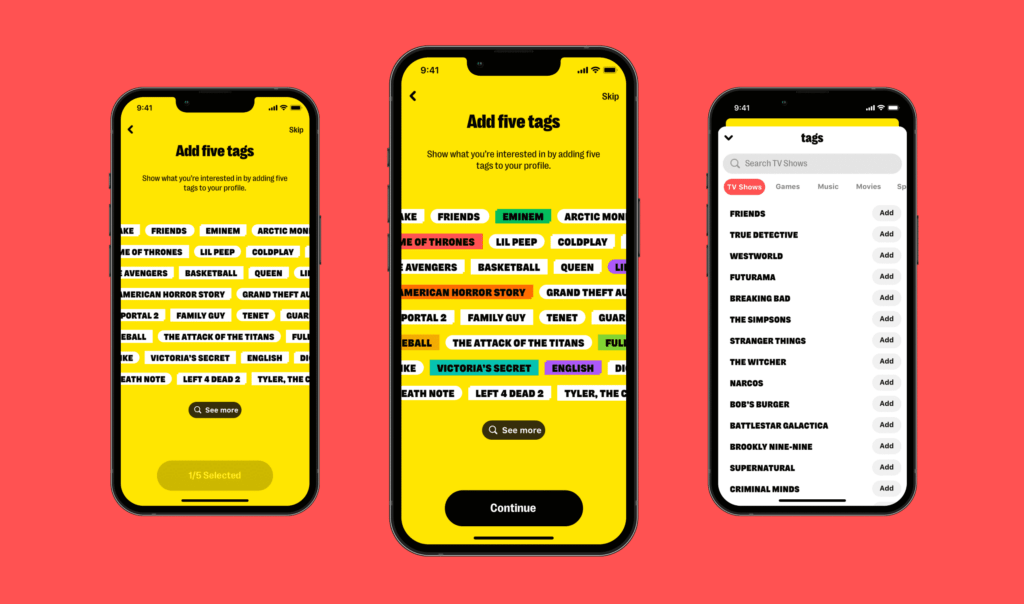
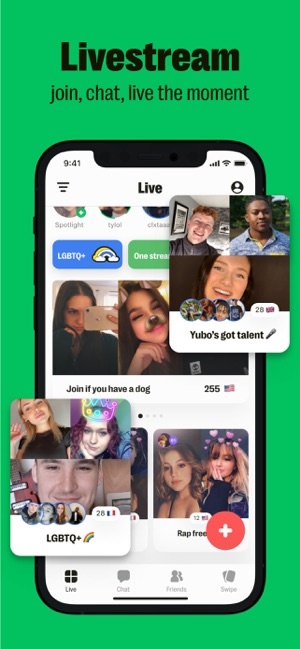


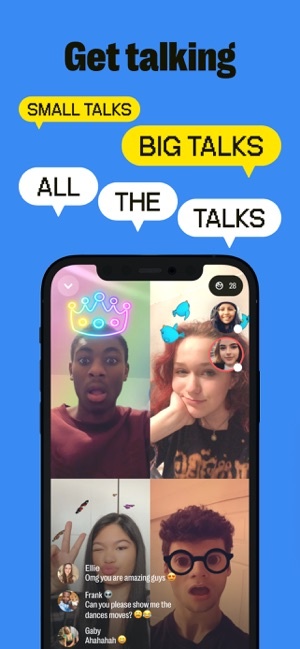
What are the risks?
Our online safety experts have identified and assessed the following risks to children and young people on Yubo.
Join our Online Safeguarding Hub Newsletter Network
Members of our network receive weekly updates on the trends, risks and threats to children and young people online.


